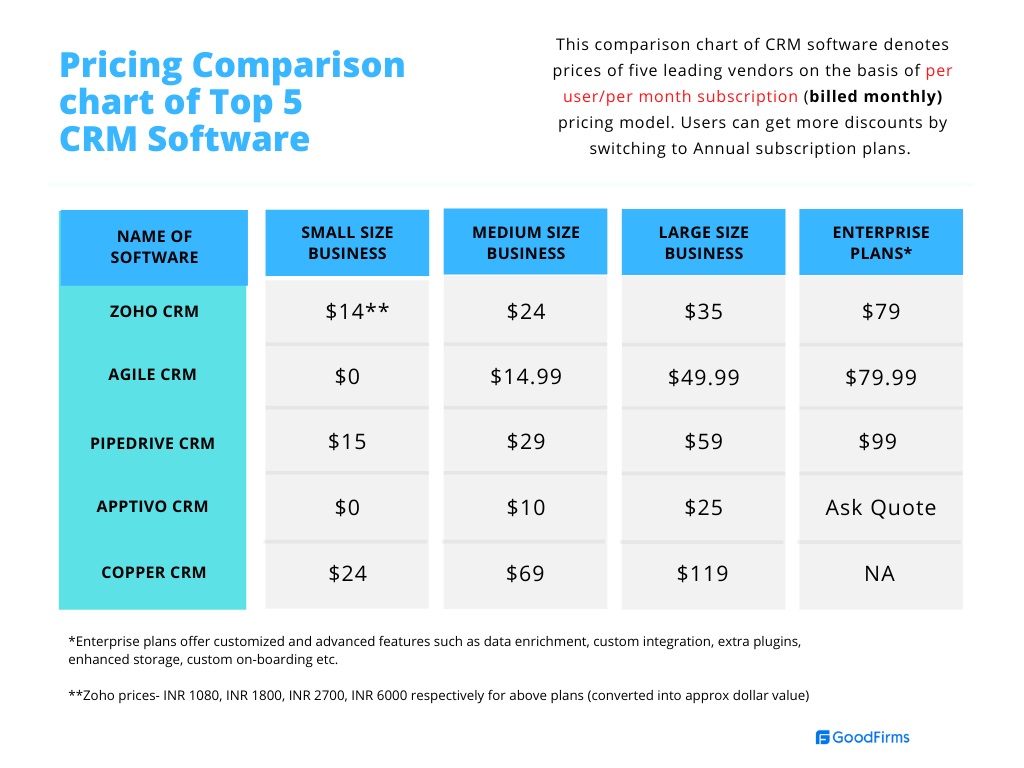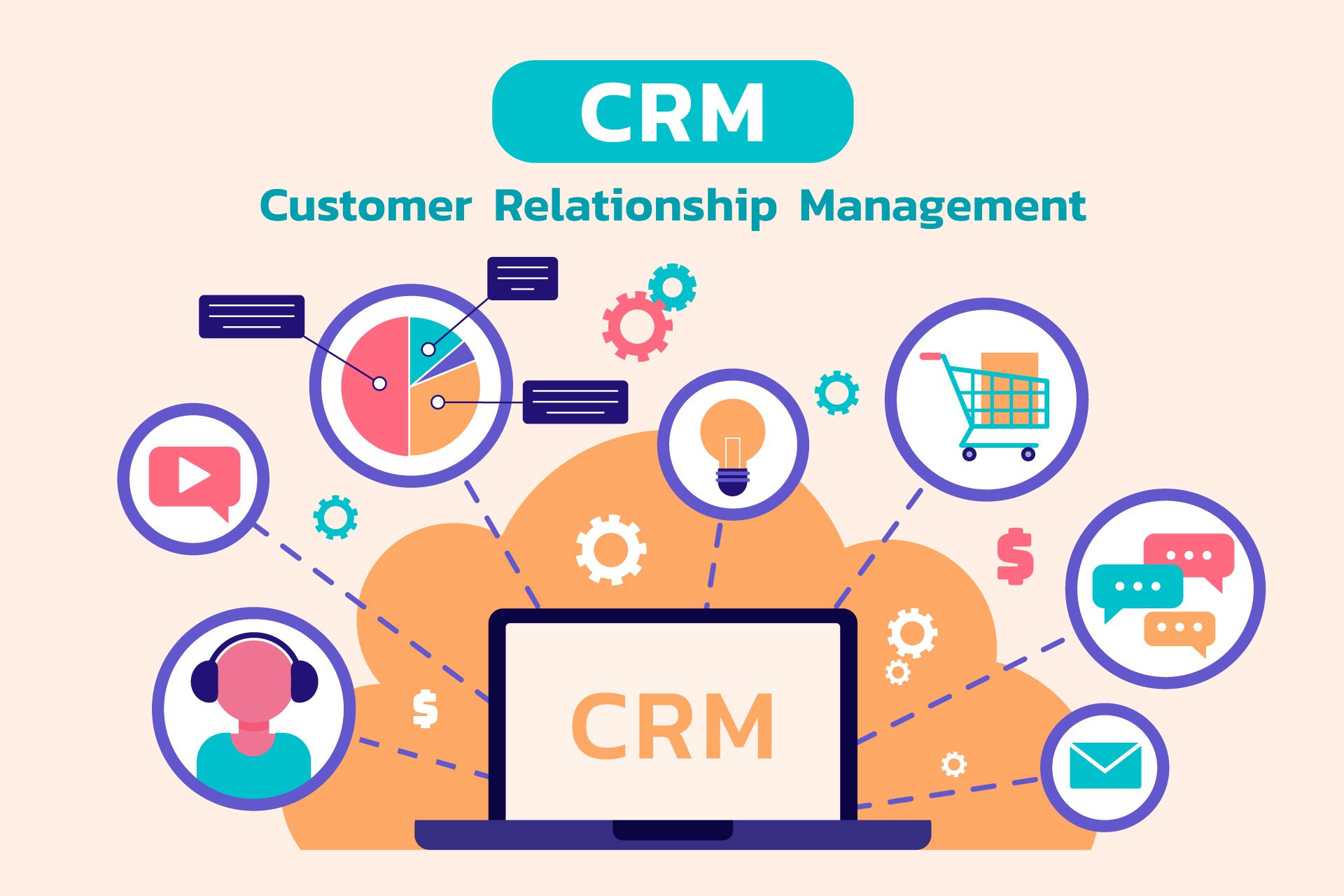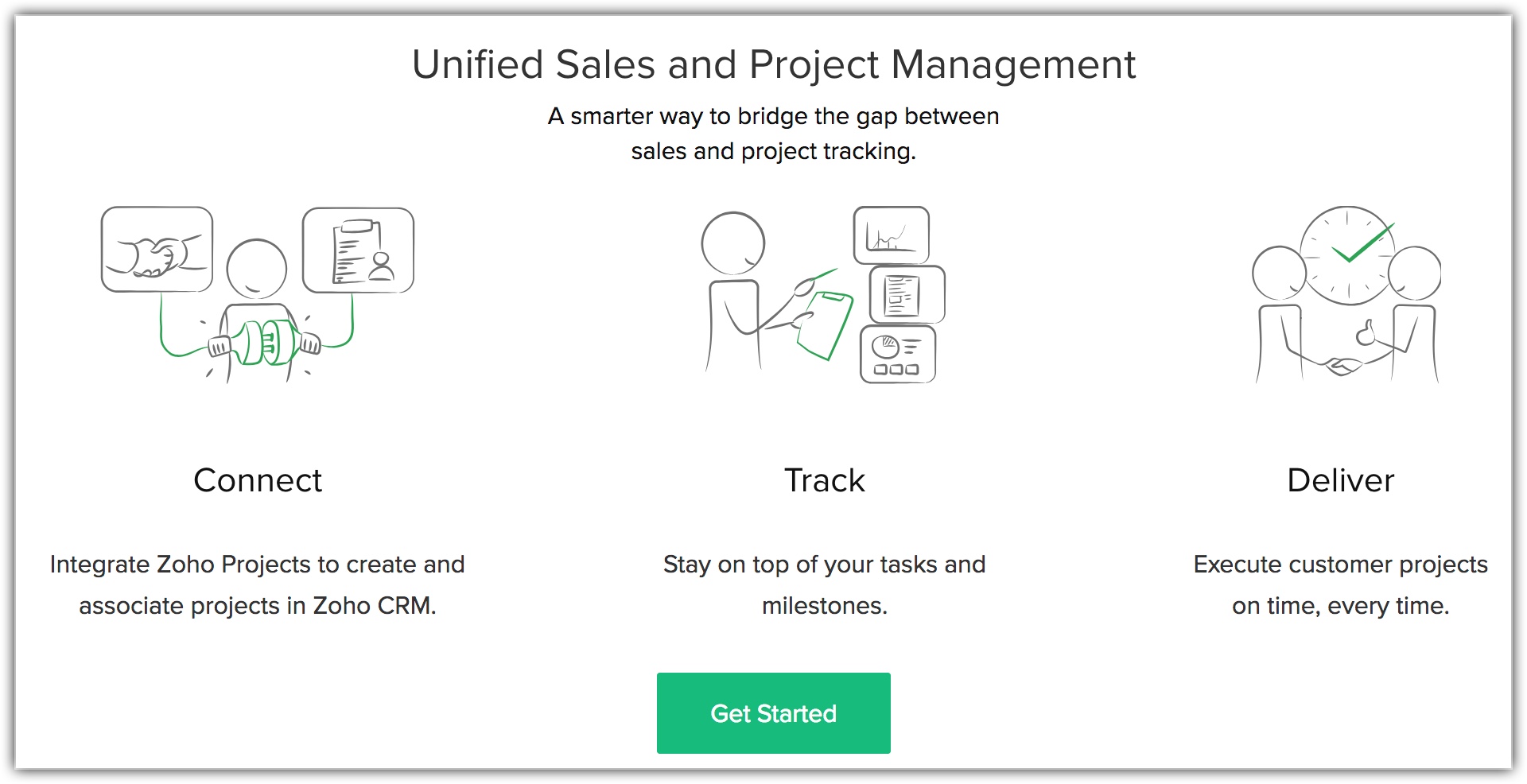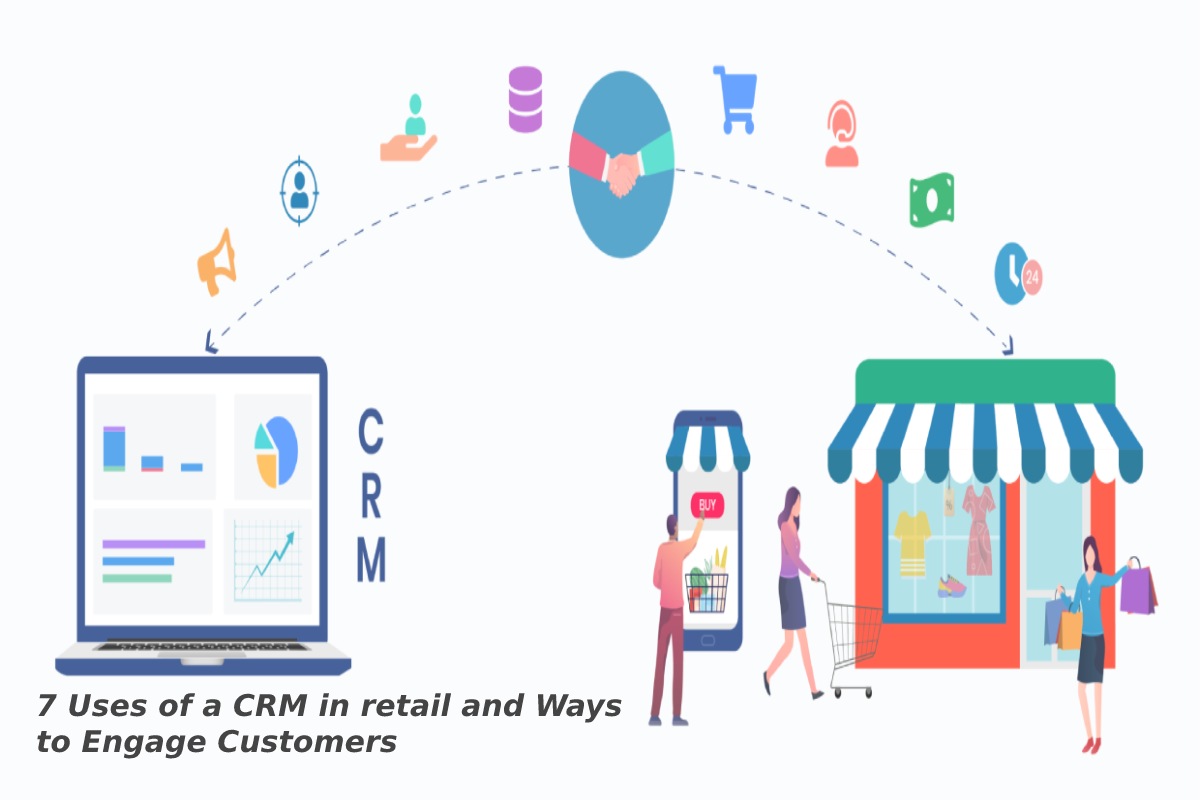CRM & Content Marketing: The Ultimate Guide to Supercharging Your Growth
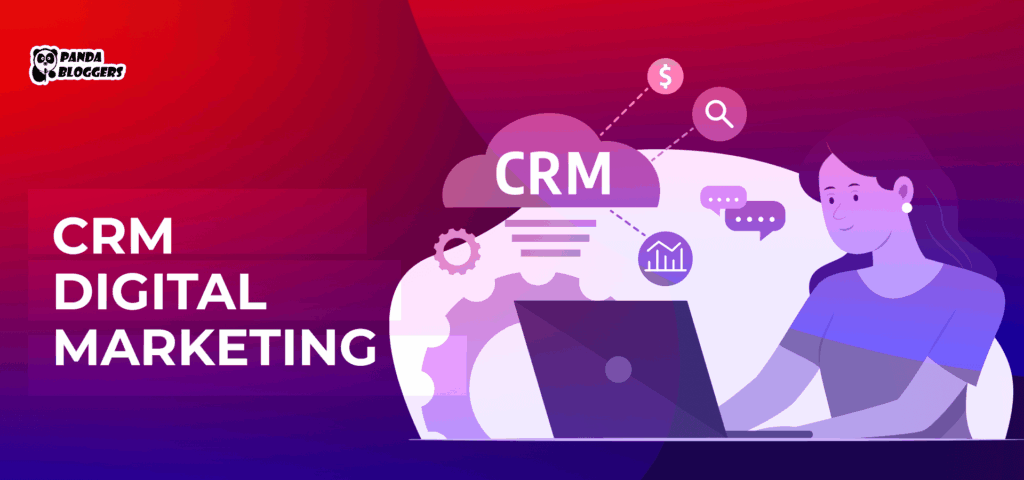
In the ever-evolving digital landscape, businesses are constantly searching for ways to connect with their audience, build brand loyalty, and ultimately, drive sales. Two powerful strategies that consistently deliver results are Customer Relationship Management (CRM) and Content Marketing. But what happens when you combine these two powerhouses? The answer: a synergistic approach that can transform your marketing efforts and propel your business to new heights. This comprehensive guide will delve deep into the world of CRM and content marketing, exploring their individual strengths, how they complement each other, and how you can leverage them to achieve unparalleled success.
Understanding the Fundamentals: CRM and Content Marketing
Before we dive into the nitty-gritty of integrating CRM and content marketing, let’s establish a solid understanding of each discipline.
What is CRM?
Customer Relationship Management (CRM) is a technology and strategy for managing all your company’s relationships and interactions with customers and potential customers. At its core, CRM is about understanding your customers better, anticipating their needs, and providing them with personalized experiences. Think of it as the central nervous system of your customer interactions.
Key components of a CRM system include:
- Contact Management: Storing and organizing customer data, including contact information, purchase history, and communication logs.
- Sales Automation: Streamlining the sales process, from lead generation to deal closure.
- Marketing Automation: Automating marketing tasks, such as email campaigns and social media posting.
- Customer Service: Providing excellent customer support through ticketing systems, knowledge bases, and live chat.
- Analytics and Reporting: Tracking key performance indicators (KPIs) and generating reports to measure the effectiveness of your CRM strategy.
The benefits of implementing a robust CRM system are numerous, including increased sales, improved customer satisfaction, enhanced efficiency, and better data-driven decision-making.
What is Content Marketing?
Content marketing is a strategic marketing approach focused on creating and distributing valuable, relevant, and consistent content to attract and retain a clearly defined audience — and, ultimately, to drive profitable customer action. It’s about providing your audience with information that they find helpful, informative, or entertaining, and building a relationship with them based on trust and value.
Content marketing takes many forms, including:
- Blog Posts: Informative articles that address your audience’s pain points and provide solutions.
- Videos: Engaging visual content that captures attention and conveys your message effectively.
- Infographics: Visually appealing representations of data and information.
- Ebooks and Whitepapers: In-depth resources that provide valuable insights and establish your expertise.
- Social Media Updates: Engaging posts that keep your audience informed and entertained.
- Podcasts: Audio content that provides valuable information and entertainment on the go.
The primary goals of content marketing are to:
- Increase Brand Awareness: Introduce your brand to a wider audience.
- Generate Leads: Capture the contact information of potential customers.
- Drive Website Traffic: Attract visitors to your website.
- Improve Search Engine Optimization (SEO): Increase your website’s visibility in search engine results.
- Establish Thought Leadership: Position your brand as an expert in your industry.
- Nurture Leads: Guide potential customers through the sales funnel.
- Boost Sales: Ultimately, drive revenue.
The Power of Synergy: CRM and Content Marketing Working Together
While CRM and content marketing are powerful on their own, their true potential is unleashed when they are combined. By integrating these two strategies, you can create a highly effective marketing engine that drives engagement, generates leads, and converts them into loyal customers.
How CRM Enhances Content Marketing
CRM provides invaluable insights into your customers, which can be used to inform and optimize your content marketing efforts. Here’s how:
- Understanding Your Audience: CRM data reveals your customers’ demographics, interests, behaviors, and purchase history. This information enables you to create content that is highly relevant and targeted to their specific needs and preferences.
- Personalization: CRM allows you to personalize your content based on individual customer data. This could include sending targeted email campaigns, recommending products based on past purchases, or tailoring website content to match their interests.
- Lead Segmentation: CRM enables you to segment your leads based on various criteria, such as their stage in the sales funnel, their interests, or their demographics. This allows you to create content that is specifically tailored to each segment, increasing the likelihood of conversion.
- Lead Scoring: CRM systems can score leads based on their engagement with your content and their interactions with your brand. This helps you prioritize your efforts and focus on the leads that are most likely to convert.
- Content Performance Tracking: CRM systems can integrate with your content marketing platforms to track the performance of your content. This allows you to see which content is resonating with your audience and which content is not, enabling you to make data-driven decisions about your content strategy.
How Content Marketing Enhances CRM
Content marketing plays a crucial role in attracting, engaging, and nurturing leads within your CRM system. Here’s how:
- Lead Generation: Content marketing can be used to generate leads by offering valuable resources, such as ebooks, whitepapers, and webinars, in exchange for contact information. This allows you to capture leads and add them to your CRM system.
- Lead Nurturing: Content marketing can be used to nurture leads through the sales funnel by providing them with relevant content that addresses their pain points, answers their questions, and positions your brand as a trusted expert.
- Customer Engagement: Content marketing can be used to engage with your existing customers and build brand loyalty. This could include sending them exclusive content, offering them special promotions, or simply providing them with valuable information that helps them use your products or services more effectively.
- Improved Customer Experience: By providing valuable and relevant content, you can improve the overall customer experience and build stronger relationships with your customers.
- Gathering Customer Insights: Analyzing how customers interact with your content (e.g., what they read, watch, or download) provides valuable insights into their interests and needs, which can be used to refine your CRM strategy.
Implementing a Winning CRM and Content Marketing Strategy
Now that you understand the power of CRM and content marketing, let’s explore how to implement a winning strategy. This involves several key steps:
1. Define Your Goals and Objectives
Before you begin, it’s essential to define your goals and objectives. What do you want to achieve with your CRM and content marketing efforts? Are you looking to increase brand awareness, generate leads, drive sales, or improve customer satisfaction? Clearly defined goals will help you measure the success of your strategy and make adjustments as needed.
2. Understand Your Target Audience
Develop a deep understanding of your target audience. Create detailed buyer personas that represent your ideal customers. This will help you create content that resonates with them and tailor your CRM interactions to their specific needs and preferences. Research their demographics, psychographics, pain points, and motivations.
3. Choose the Right CRM and Content Marketing Tools
Select the right CRM and content marketing tools for your business. Consider your budget, your needs, and the size of your team. There are numerous CRM and content marketing platforms available, so do your research and choose the ones that best fit your requirements. Some popular CRM platforms include Salesforce, HubSpot, and Zoho CRM. For content marketing, consider tools like WordPress, SEMrush, and BuzzSumo.
4. Integrate Your CRM and Content Marketing Platforms
Integrate your CRM and content marketing platforms to create a seamless workflow. This will allow you to share data between the two systems and automate tasks. For example, you can integrate your CRM with your email marketing platform to send targeted email campaigns based on customer data. Many CRM platforms offer integrations with popular content marketing tools.
5. Create High-Quality, Valuable Content
Develop a content calendar and create a variety of content formats that cater to your target audience’s preferences. Focus on providing valuable, relevant, and consistent content that addresses their pain points and answers their questions. Ensure your content is well-written, engaging, and optimized for search engines. Use a variety of content formats like blog posts, videos, infographics, ebooks, and social media updates to keep your audience engaged.
6. Segment Your Audience and Personalize Your Content
Use your CRM data to segment your audience based on their demographics, interests, behaviors, and purchase history. Then, personalize your content to match each segment’s specific needs and preferences. This could include sending targeted email campaigns, recommending products based on past purchases, or tailoring website content to match their interests.
7. Automate Your Marketing Tasks
Use marketing automation to streamline your marketing efforts. This could include automating email campaigns, social media posting, and lead nurturing workflows. Automation will save you time and effort, and it will also help you deliver a more consistent and personalized experience to your customers.
8. Track and Analyze Your Results
Track the performance of your CRM and content marketing efforts. Use your CRM and content marketing tools to monitor key performance indicators (KPIs), such as website traffic, lead generation, conversion rates, and customer engagement. Analyze your data to identify what’s working and what’s not, and make adjustments to your strategy as needed. Regularly review your performance and make data-driven decisions to optimize your results.
9. Continuously Optimize and Iterate
The marketing landscape is constantly evolving, so it’s important to continuously optimize and iterate your CRM and content marketing strategy. Stay up-to-date on the latest trends and best practices. Test different content formats, messaging, and targeting strategies. Analyze your results and make adjustments to improve your performance over time.
Best Practices for CRM and Content Marketing Integration
To maximize the effectiveness of your CRM and content marketing integration, consider these best practices:
- Data Integration is Key: Ensure seamless data flow between your CRM and content marketing platforms. This allows for efficient segmentation, personalization, and lead scoring.
- Personalization is Paramount: Leverage CRM data to personalize content and customer interactions. This leads to higher engagement and conversion rates.
- Content Alignment with the Buyer Journey: Create content that aligns with each stage of the buyer journey. This ensures that you are providing the right information at the right time.
- Consistent Branding: Maintain a consistent brand voice and visual identity across all your content and customer interactions.
- Mobile Optimization: Ensure that your content is mobile-friendly, as a significant portion of your audience will be accessing it on their mobile devices.
- Regularly Update Your CRM Data: Keep your CRM data up-to-date to ensure accuracy and relevance. Regularly review and update customer information.
- Test and Iterate: Continuously test different content formats, messaging, and targeting strategies to optimize your results.
- Train Your Team: Provide your team with the necessary training on how to use your CRM and content marketing tools effectively.
- Focus on Customer Experience: Prioritize the customer experience in everything you do. Provide excellent customer service and strive to build strong relationships with your customers.
- Measure and Analyze: Track your results and analyze your data to identify what’s working and what’s not. Use this information to make data-driven decisions about your strategy.
Examples of Successful CRM and Content Marketing Integration
Let’s look at some real-world examples of businesses that have successfully integrated CRM and content marketing:
1. HubSpot
HubSpot is a prime example of a company that excels at CRM and content marketing. They offer a comprehensive CRM platform and a wealth of free educational content, including blog posts, ebooks, and webinars. They use their CRM to track customer interactions, personalize their content, and nurture leads through the sales funnel. Their content marketing strategy is highly effective at attracting new customers and converting them into loyal advocates.
2. Salesforce
Salesforce is another leader in the CRM space. They use content marketing to educate their audience about their products and services, build brand awareness, and generate leads. They create a variety of content formats, including blog posts, videos, and webinars. They use their CRM to track customer interactions, personalize their content, and nurture leads through the sales funnel. Salesforce also uses its content to establish itself as a thought leader in the CRM industry.
3. Mailchimp
Mailchimp, a popular email marketing platform, effectively combines CRM and content marketing to engage its users. They create tutorials, guides, and blog posts that teach users how to use their platform and improve their email marketing efforts. They use their CRM to segment their audience, personalize their content, and track user engagement. This approach helps them retain customers and drive platform adoption.
4. Netflix
While not a traditional CRM example, Netflix leverages data and content marketing exceptionally well. They analyze user viewing habits (CRM data) to recommend content and personalize the user experience. Their content marketing strategy includes producing original content (shows and movies) that caters to diverse interests. This approach keeps users engaged and drives subscriptions.
Overcoming Challenges in CRM and Content Marketing Integration
While the benefits of integrating CRM and content marketing are clear, there are also challenges to overcome. Here are some common hurdles and how to address them:
- Data Silos: Data silos can prevent the seamless flow of information between your CRM and content marketing platforms. The solution is to integrate your platforms and ensure that data is shared between them.
- Lack of Integration: Without proper integration, your CRM and content marketing efforts will remain separate. Ensure your platforms are integrated to share data and automate tasks.
- Poor Data Quality: Inaccurate or incomplete data can lead to ineffective content marketing and CRM interactions. Regularly clean and update your CRM data.
- Lack of Alignment: If your sales and marketing teams are not aligned, your CRM and content marketing efforts will suffer. Ensure that your teams are working together towards common goals.
- Content Overload: Creating too much content without a clear strategy can overwhelm your audience. Focus on creating high-quality, valuable content that is relevant to your target audience.
- Measuring ROI: It can be challenging to measure the ROI of your CRM and content marketing efforts. Establish clear KPIs and track your results to measure the effectiveness of your strategy.
- Resistance to Change: Implementing a new CRM or content marketing strategy can be met with resistance from your team. Provide adequate training and support to ensure that your team is comfortable with the new tools and processes.
The Future of CRM and Content Marketing
The future of CRM and content marketing is bright, with exciting developments on the horizon. Here are some trends to watch:
- Artificial Intelligence (AI): AI will play an increasingly important role in CRM and content marketing. AI-powered tools can automate tasks, personalize content, and provide valuable insights.
- Personalization: Personalization will become even more sophisticated, with businesses using data to create highly targeted and personalized experiences.
- Video Marketing: Video marketing will continue to grow in popularity, as it’s a highly engaging and effective way to connect with your audience.
- Voice Search Optimization: Optimizing your content for voice search will become increasingly important as voice assistants become more prevalent.
- Data Privacy: Data privacy will continue to be a major concern, with businesses needing to be transparent about how they collect and use customer data.
- Customer Experience (CX): The focus on customer experience will continue to grow, with businesses prioritizing providing excellent service and building strong relationships with their customers.
Conclusion: Embracing the Power of CRM and Content Marketing
Integrating CRM and content marketing is no longer a luxury; it’s a necessity for businesses that want to thrive in today’s competitive market. By understanding your customers, creating valuable content, and leveraging the power of data, you can build stronger relationships, generate more leads, and drive more sales. Embrace the power of CRM and content marketing, and watch your business flourish.
As you embark on this journey, remember that consistency, adaptability, and a customer-centric approach are key. Keep learning, experimenting, and optimizing your strategy to stay ahead of the curve. The combination of CRM and content marketing offers a powerful pathway to sustained growth and success. Don’t delay, start integrating these strategies today and witness the transformation they can bring to your business!

